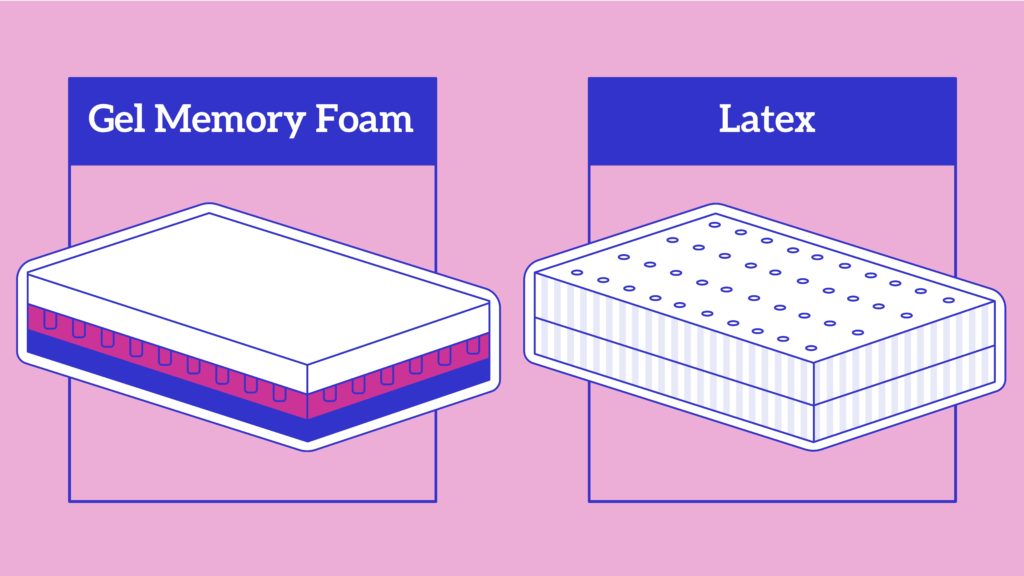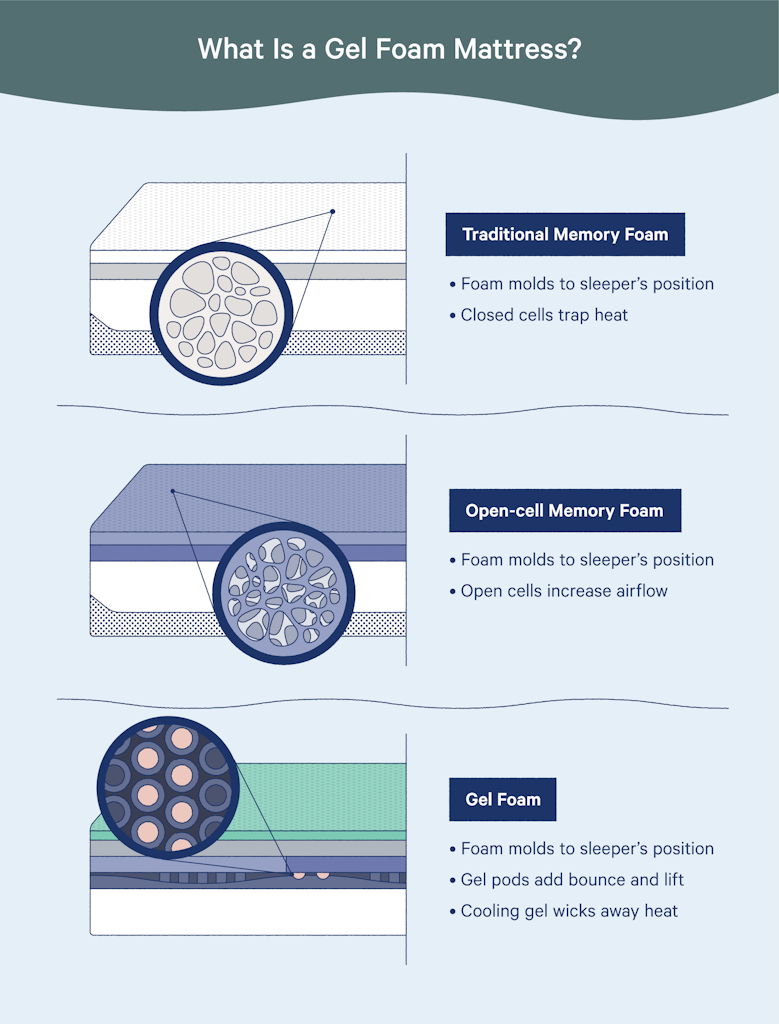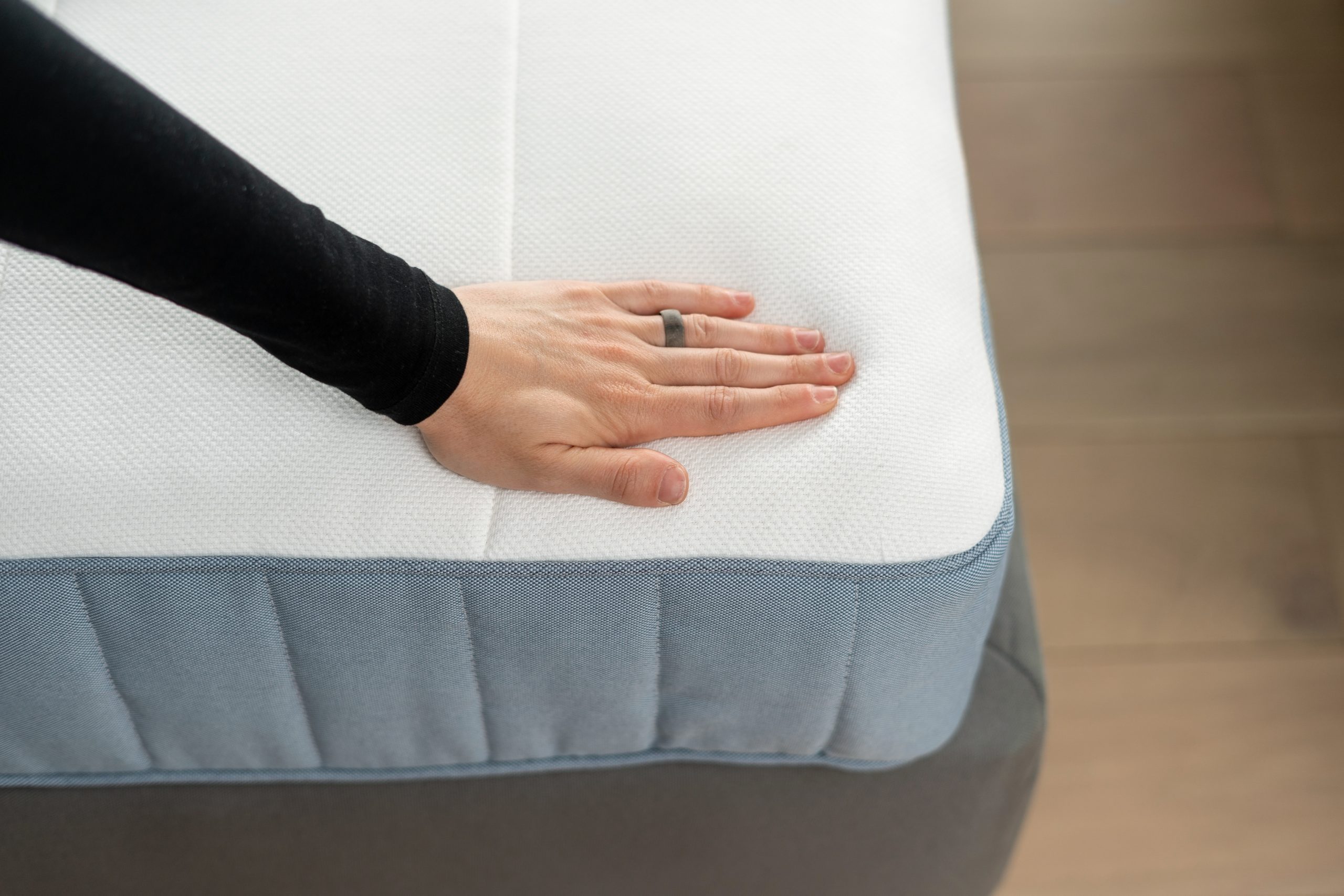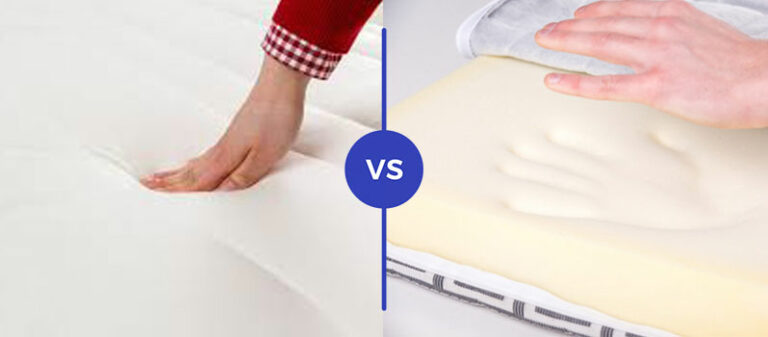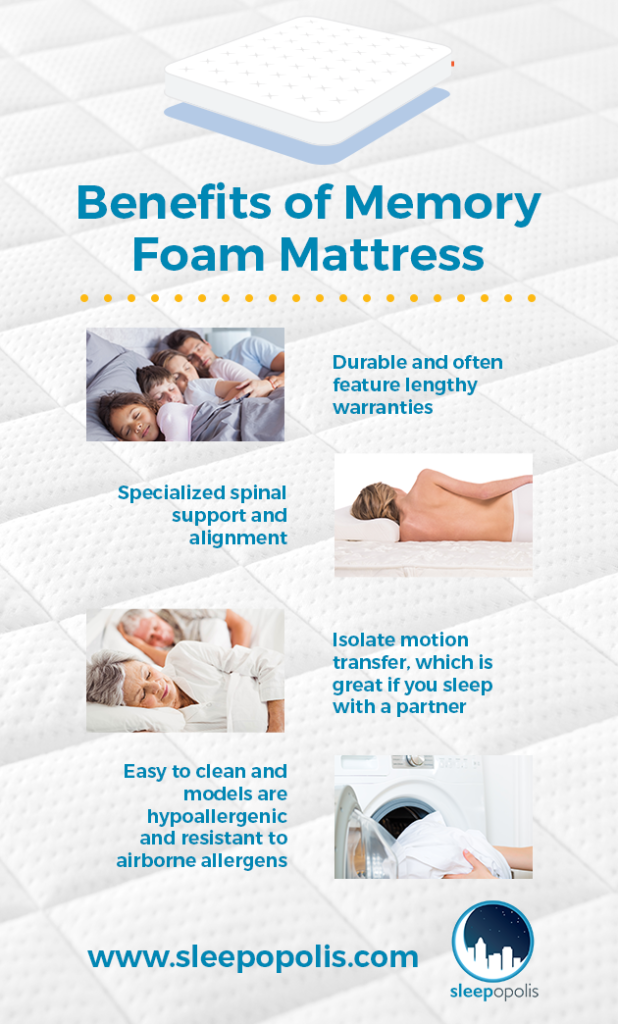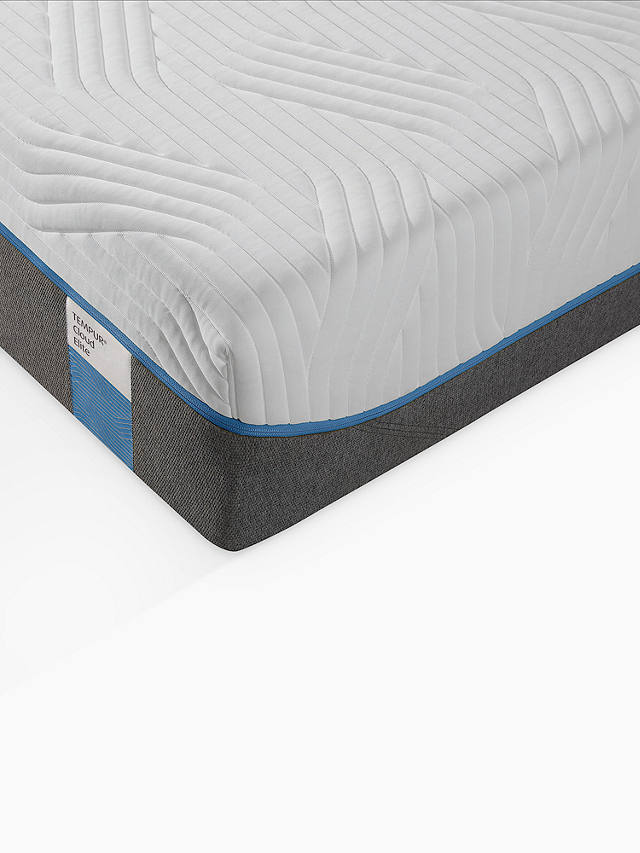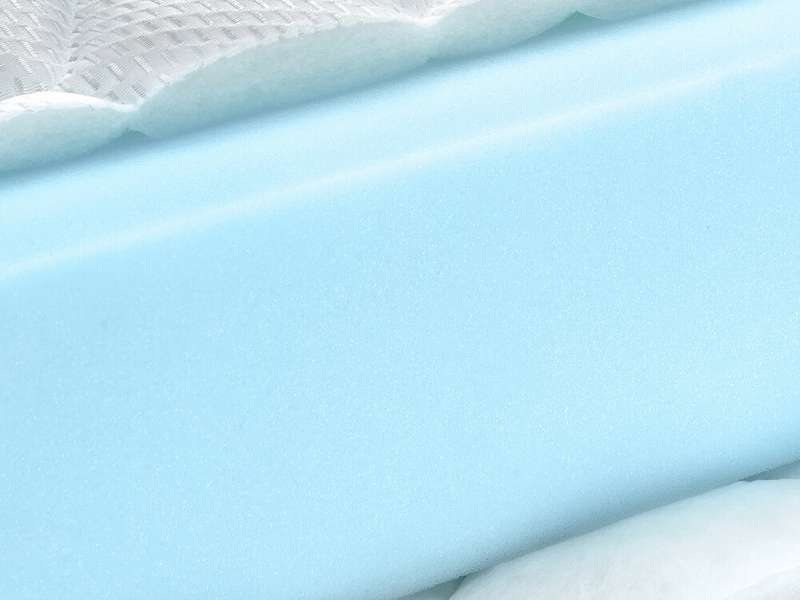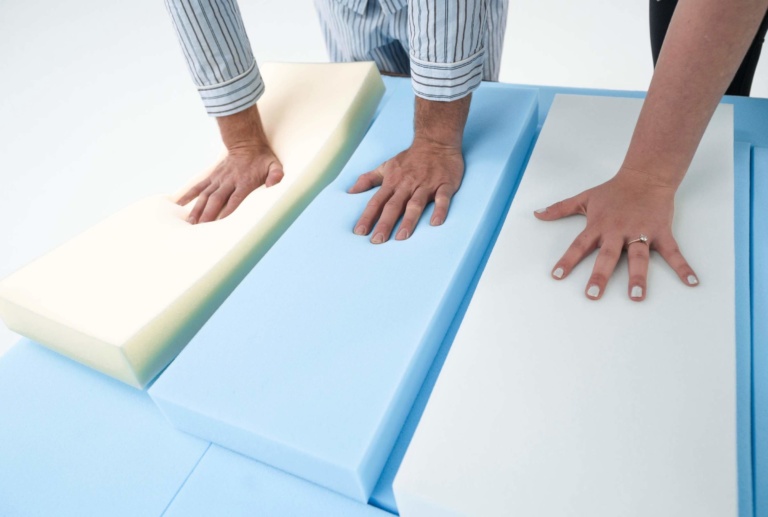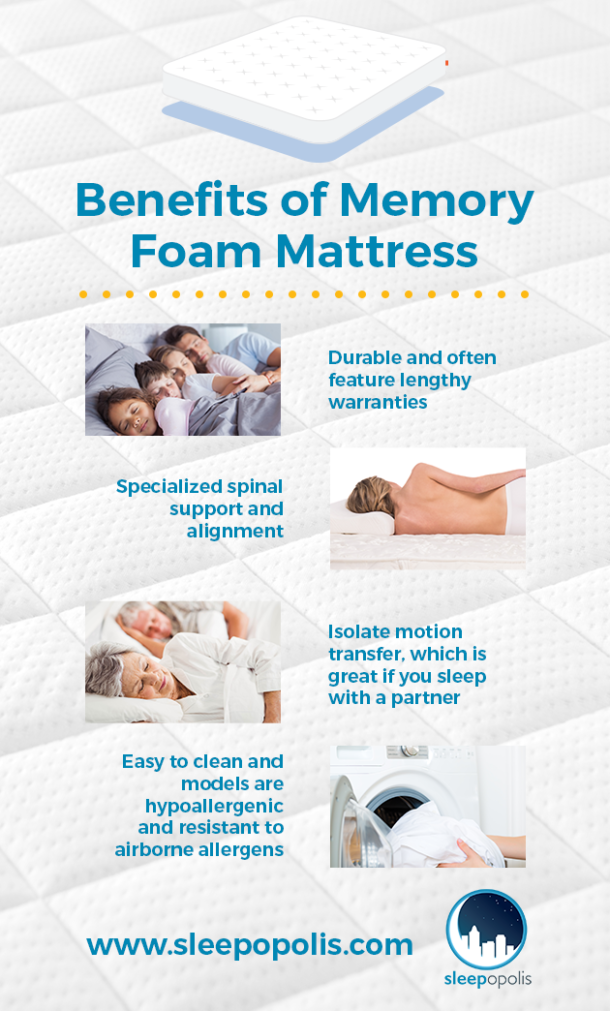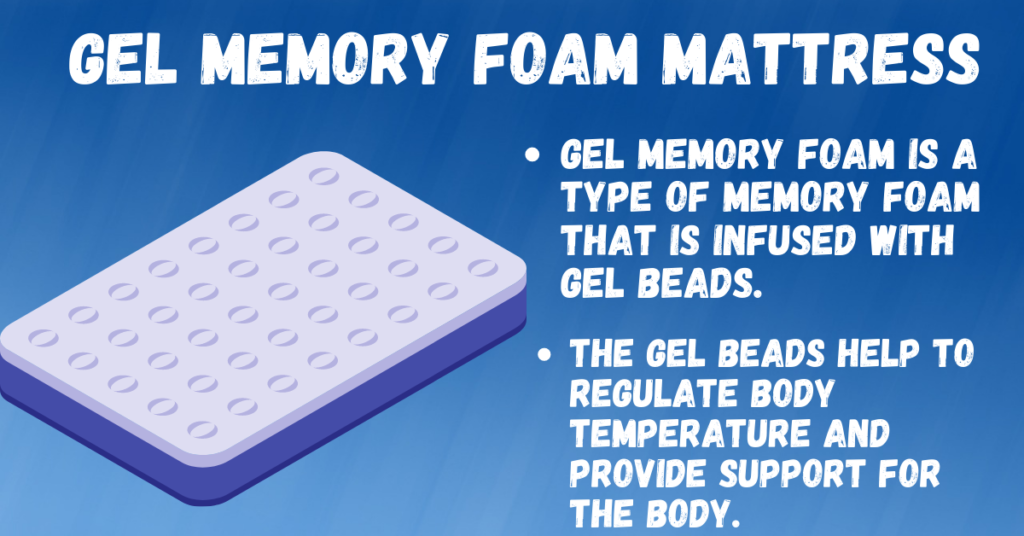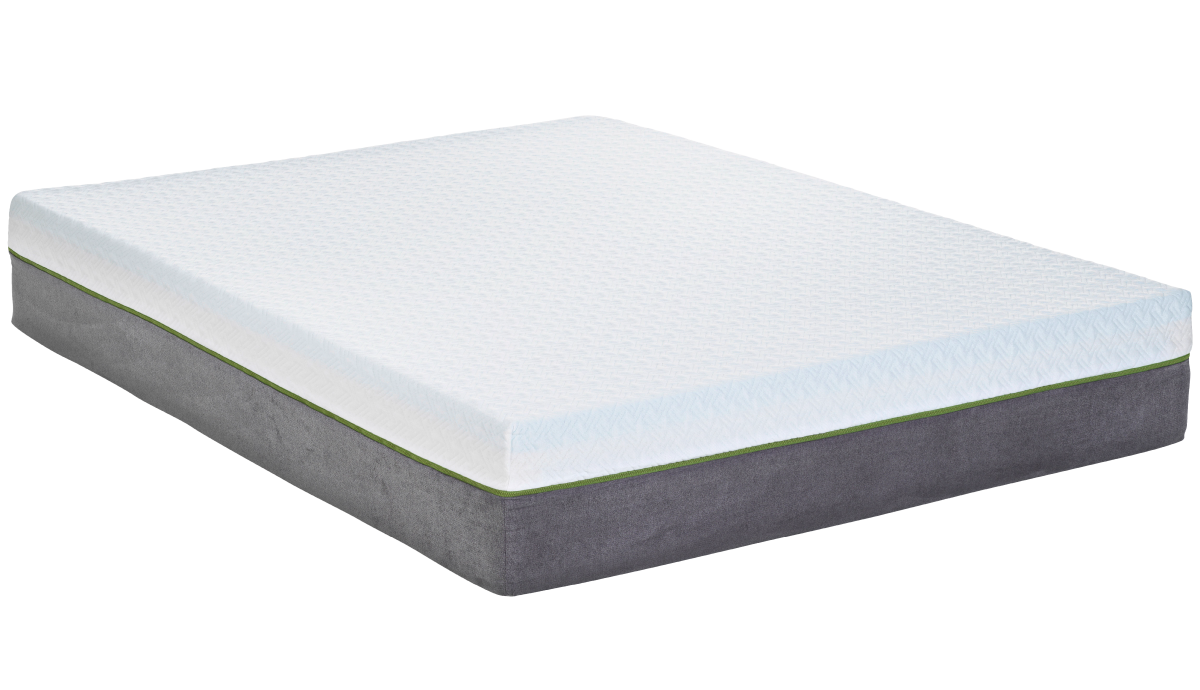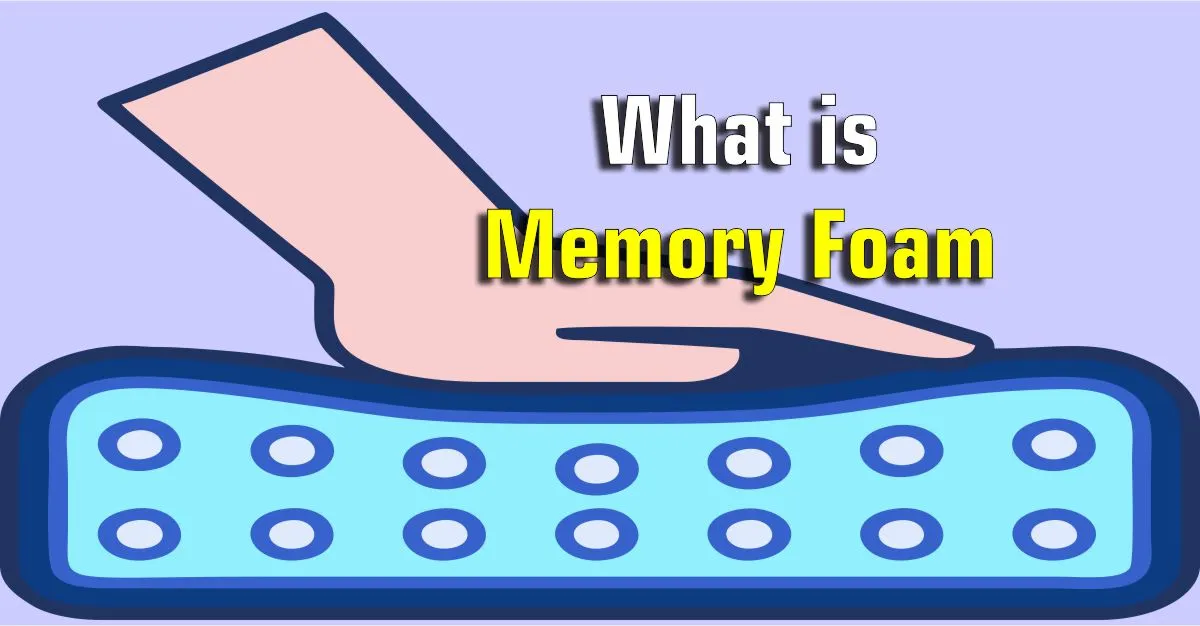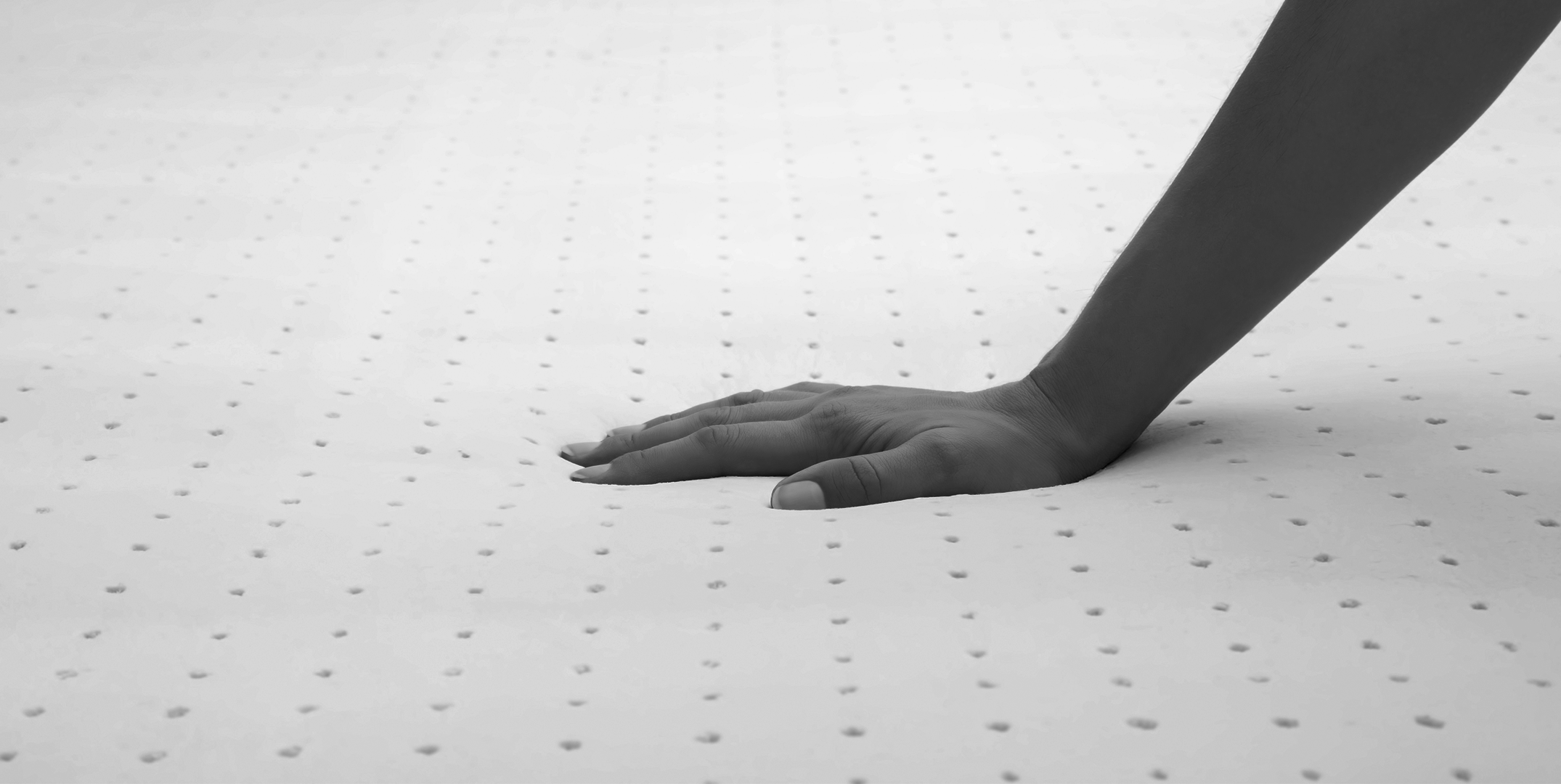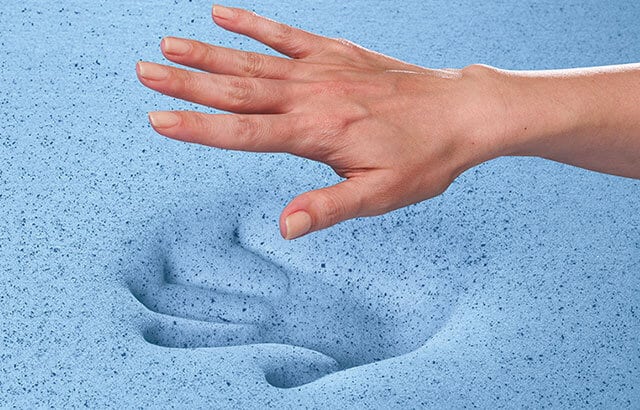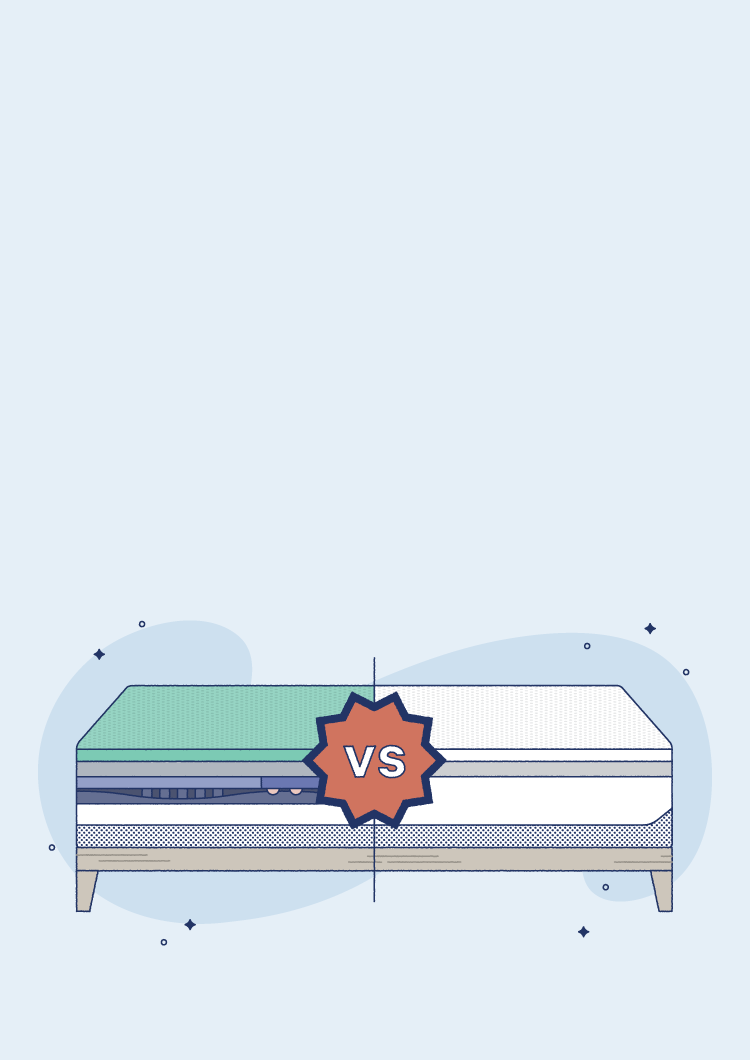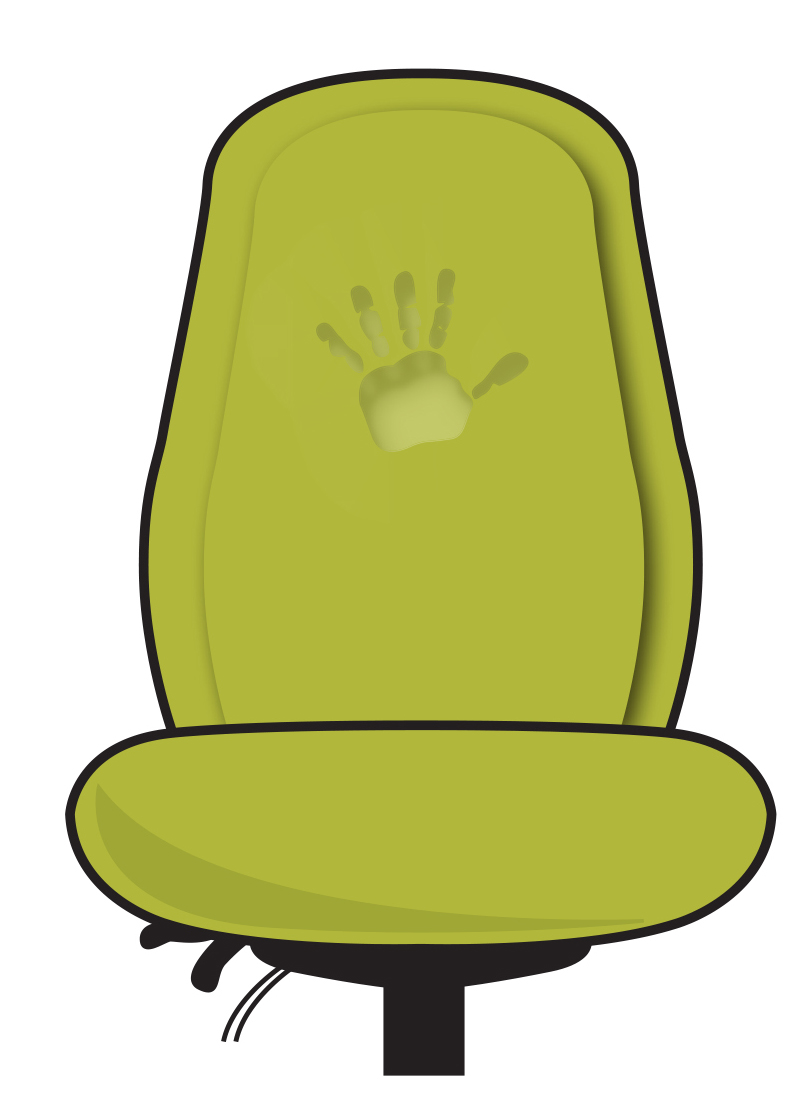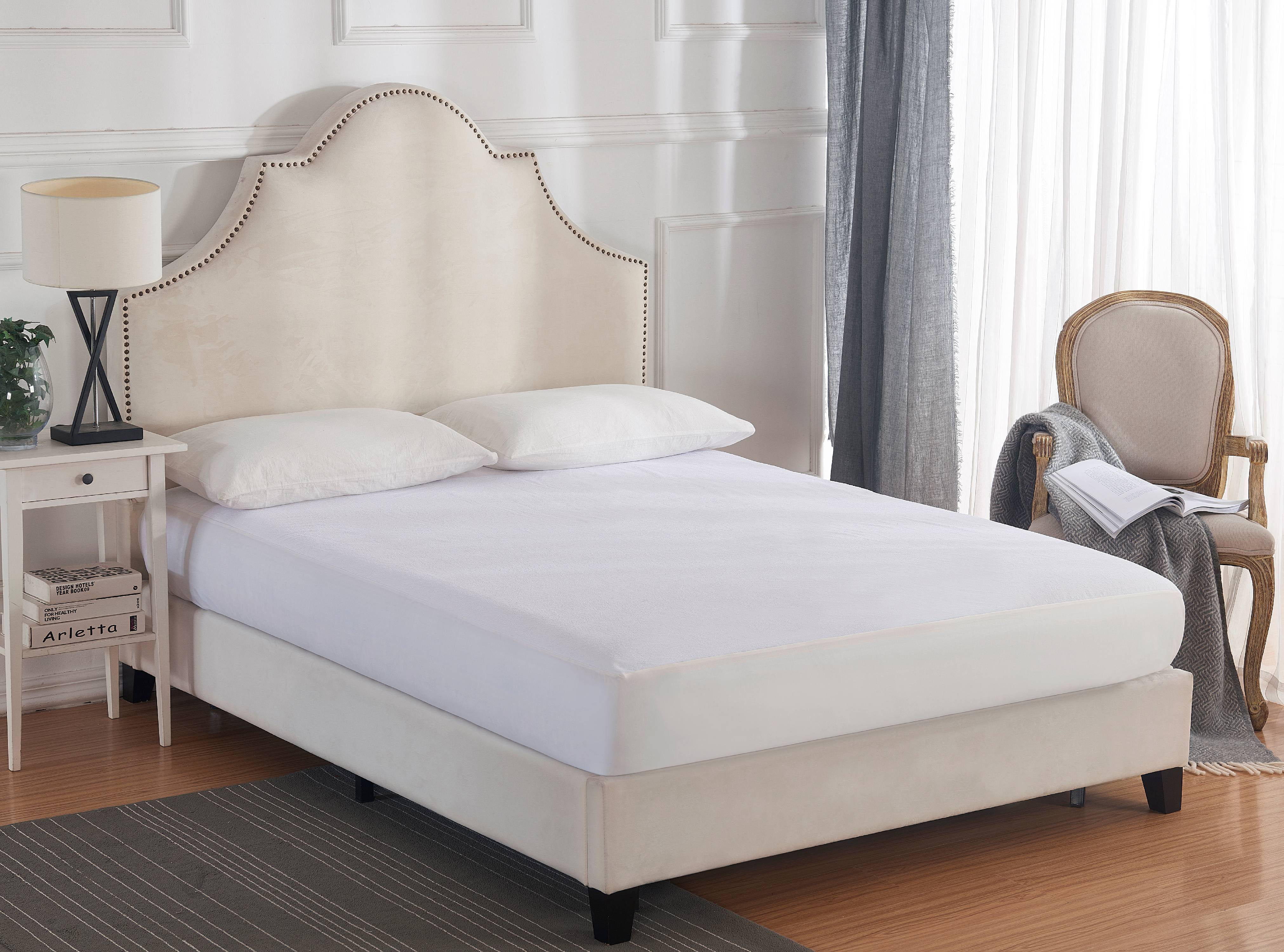Gel foam and memory foam are two popular types of mattresses that have gained popularity in recent years due to their unique features and benefits. While both offer excellent support and comfort, there are some key differences between the two. In this article, we'll take a closer look at the top 10 main differences between gel foam and memory foam mattresses to help you decide which one is the best fit for you. Gel Foam vs Memory Foam: What's the Difference?
Gel foam mattresses are made from a combination of gel and foam, while memory foam mattresses are made entirely from foam. This difference in materials is what sets the two apart in terms of their properties and performance. Gel foam mattresses are known for their cooling properties, while memory foam mattresses are known for their ability to contour to the body's shape. Understanding the Differences Between Gel Foam and Memory Foam Mattresses
When it comes to choosing between gel foam and memory foam, it ultimately comes down to personal preference. If you tend to sleep hot and are looking for a mattress that will keep you cool and comfortable throughout the night, then a gel foam mattress may be the better choice for you. On the other hand, if you prefer a mattress that offers excellent pressure relief and support, then a memory foam mattress may be the way to go. Gel Foam vs Memory Foam: Which is Better for You?
Both gel foam and memory foam mattresses have their own set of pros and cons. Gel foam mattresses are known for their cooling properties, making them a great choice for hot sleepers. However, some people may find that these mattresses do not offer enough support for their liking. On the other hand, memory foam mattresses offer excellent support and pressure relief, but they may retain heat, which can be uncomfortable for some. The Pros and Cons of Gel Foam and Memory Foam Mattresses
When it comes to support, memory foam mattresses tend to have the edge over gel foam mattresses. Memory foam is known for its ability to contour to the body's shape, providing support and pressure relief where it's needed most. Gel foam mattresses, on the other hand, may not offer as much support, especially for those who prefer a firmer mattress. Comparing Gel Foam and Memory Foam: Which Offers Better Support?
As mentioned previously, gel foam mattresses are known for their cooling properties. This is because the gel in the foam helps to dissipate heat and keep the mattress cool throughout the night. On the other hand, memory foam mattresses may retain heat, making them less ideal for hot sleepers. If you tend to sleep hot, a gel foam mattress may be the better choice for you. Gel Foam vs Memory Foam: Which is Cooler for Hot Sleepers?
In addition to the differences in materials and cooling properties, there are a few other key differences between gel foam and memory foam mattresses. Gel foam mattresses tend to be more responsive, meaning they bounce back quicker when pressure is released. Memory foam mattresses, on the other hand, may have a slight sinking feeling due to their contouring properties. The Key Differences Between Gel Foam and Memory Foam Mattresses
When it comes to durability, both gel foam and memory foam mattresses are known to be long-lasting. However, memory foam mattresses may have a slight edge in this department due to their dense and sturdy construction. Gel foam mattresses, while also durable, may have a shorter lifespan due to the gel layer breaking down over time. Gel Foam vs Memory Foam: Which is More Durable?
The feel of a mattress is an important factor to consider when choosing between gel foam and memory foam. Gel foam mattresses tend to have a slightly firmer feel, while memory foam mattresses offer a softer and more plush feel. This difference in feel is due to the gel layer in gel foam mattresses, which adds an extra layer of support and firmness. Understanding the Differences in Feel Between Gel Foam and Memory Foam
Both gel foam and memory foam mattresses offer excellent pressure relief, but memory foam may have a slight advantage in this area. Memory foam contours to the body's shape, providing support and cushioning for pressure points, which can help alleviate pain and discomfort. Gel foam mattresses may not offer as much pressure relief, especially for those with chronic pain or injuries. Gel Foam vs Memory Foam: Which is Better for Pressure Relief?
The Main Differences Between Gel Foam and Memory Foam Mattresses
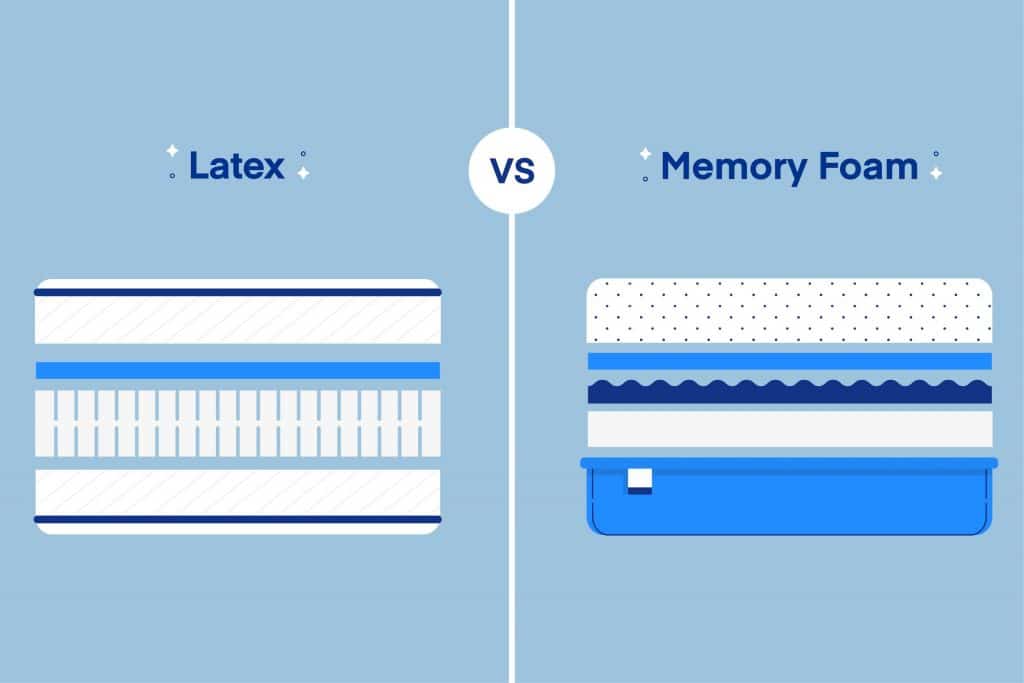
Introduction
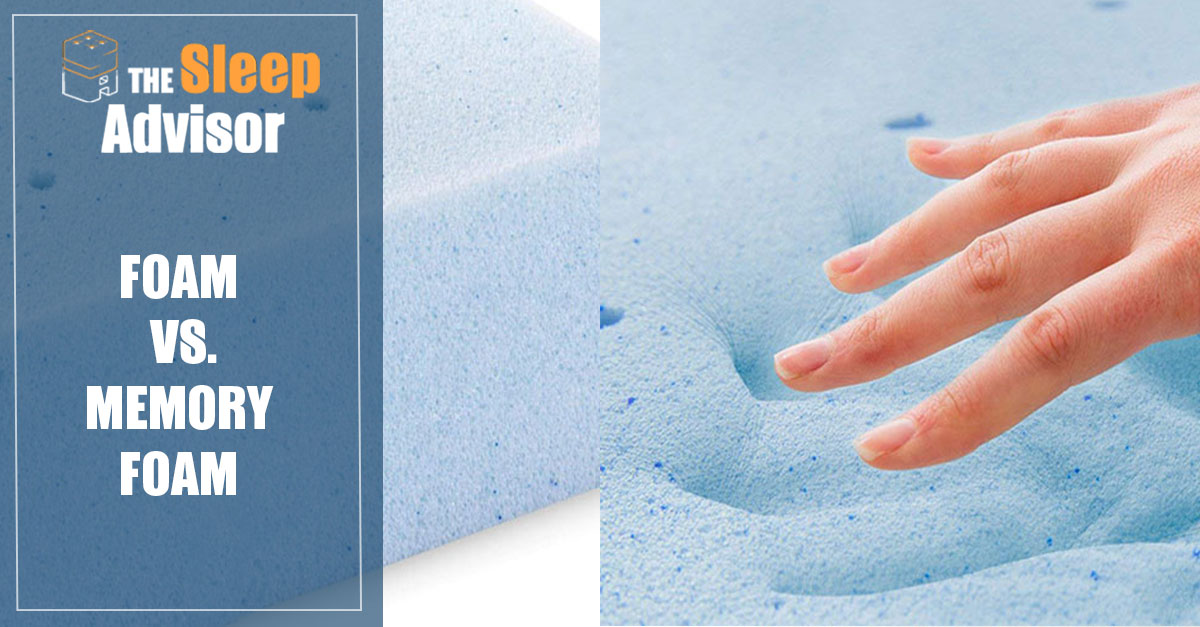 When it comes to choosing a new mattress, there are many different types and materials to consider. Two popular options that often get confused are gel foam and memory foam mattresses. While they may seem similar at first glance, there are some key differences between these two types of mattresses that can greatly affect your comfort and overall sleep quality. In this article, we will dive deeper into the main differences between gel foam and memory foam mattresses to help you make an informed decision when it comes to choosing the right mattress for your needs.
When it comes to choosing a new mattress, there are many different types and materials to consider. Two popular options that often get confused are gel foam and memory foam mattresses. While they may seem similar at first glance, there are some key differences between these two types of mattresses that can greatly affect your comfort and overall sleep quality. In this article, we will dive deeper into the main differences between gel foam and memory foam mattresses to help you make an informed decision when it comes to choosing the right mattress for your needs.
Gel Foam Mattresses
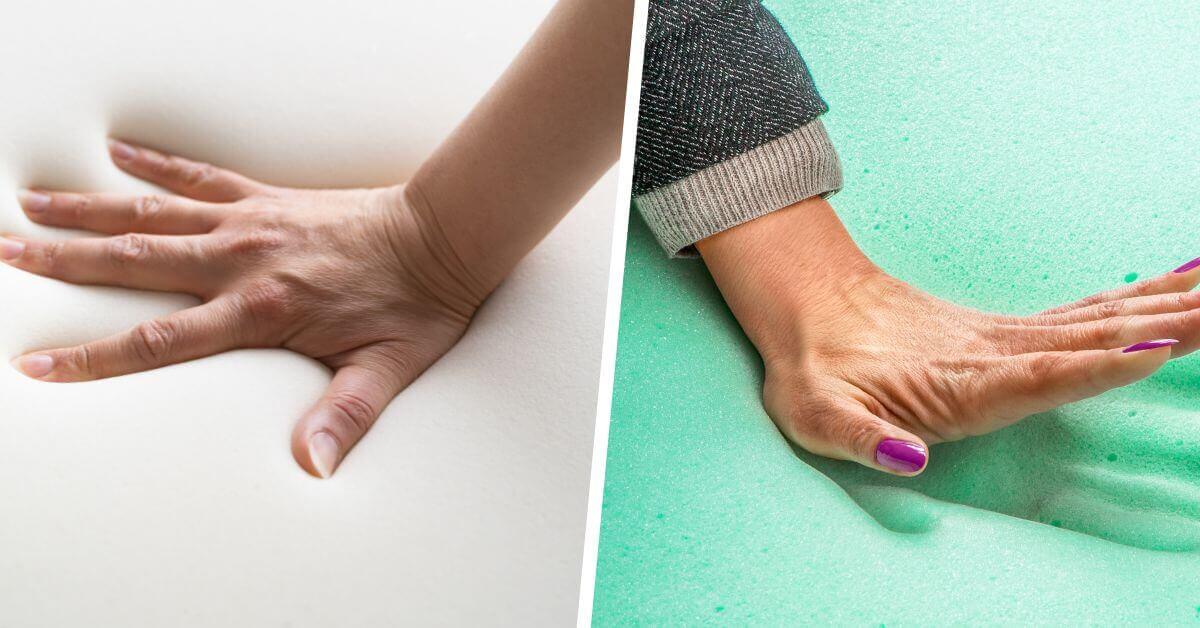 Gel foam mattresses, also known as gel-infused foam mattresses, are made with a layer of gel-infused foam on top of a base of traditional foam. The gel-infused foam is created by adding cooling gel beads to the foam material, making it more breathable and able to dissipate heat. This helps to keep you cool and comfortable throughout the night, especially for those who tend to sleep hot. Gel foam mattresses also provide a more responsive and bouncy feel compared to memory foam mattresses, making it easier to move around and change positions.
Featured Keywords: Gel foam, gel-infused foam, cooling gel beads, breathable, responsive, bouncy
Gel foam mattresses, also known as gel-infused foam mattresses, are made with a layer of gel-infused foam on top of a base of traditional foam. The gel-infused foam is created by adding cooling gel beads to the foam material, making it more breathable and able to dissipate heat. This helps to keep you cool and comfortable throughout the night, especially for those who tend to sleep hot. Gel foam mattresses also provide a more responsive and bouncy feel compared to memory foam mattresses, making it easier to move around and change positions.
Featured Keywords: Gel foam, gel-infused foam, cooling gel beads, breathable, responsive, bouncy
Memory Foam Mattresses
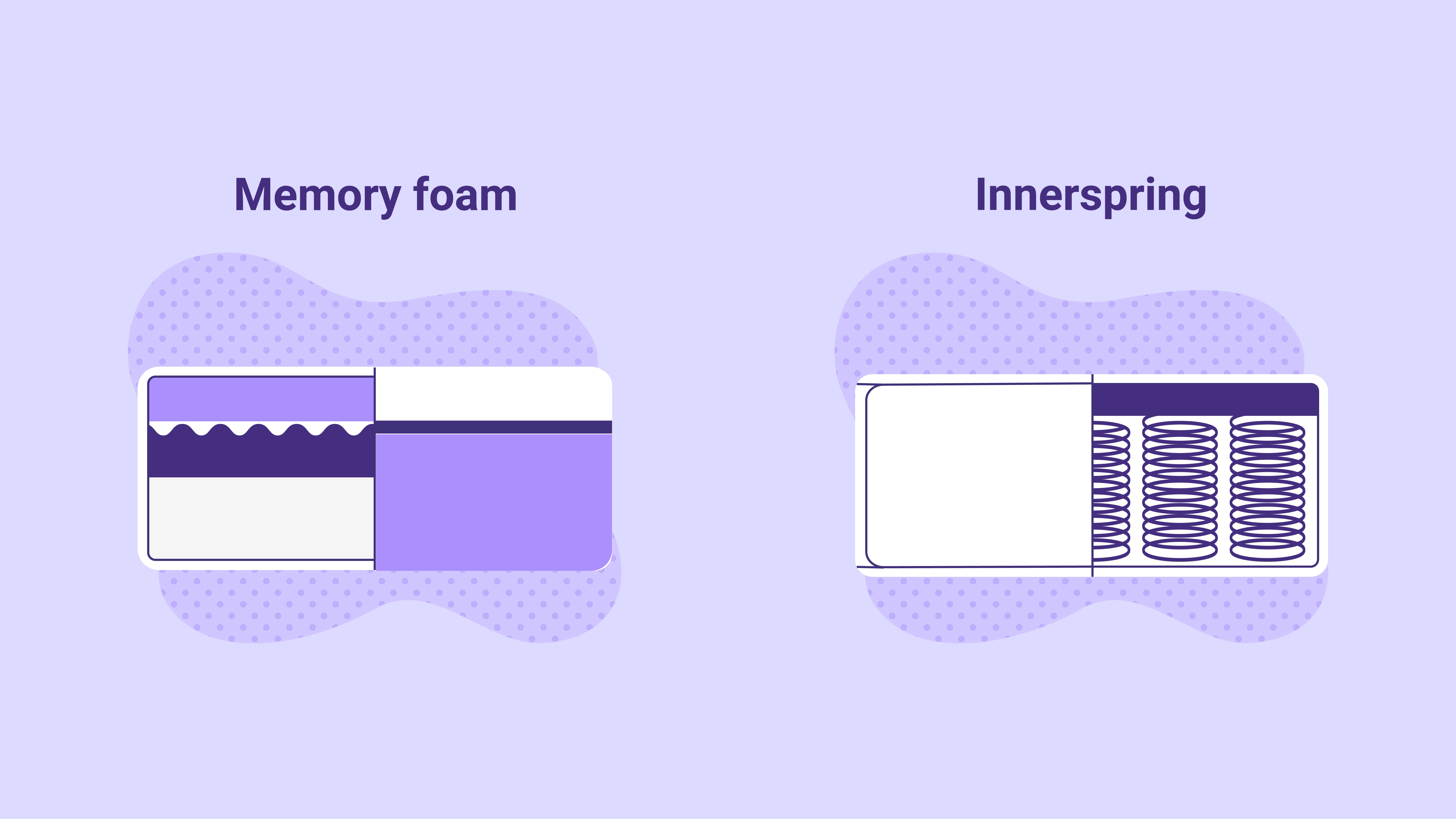 Memory foam mattresses, on the other hand, are made entirely of memory foam and have been a popular choice for many years. Memory foam is a high-density foam that conforms to your body's shape and provides pressure relief, making it ideal for those with joint or back pain. It also absorbs motion, so you won't feel your partner's movements during the night. However, one of the main drawbacks of memory foam is that it tends to retain heat, which can be uncomfortable for those who sleep hot.
Featured Keywords: Memory foam, high-density foam, pressure relief, absorbs motion, retain heat
Memory foam mattresses, on the other hand, are made entirely of memory foam and have been a popular choice for many years. Memory foam is a high-density foam that conforms to your body's shape and provides pressure relief, making it ideal for those with joint or back pain. It also absorbs motion, so you won't feel your partner's movements during the night. However, one of the main drawbacks of memory foam is that it tends to retain heat, which can be uncomfortable for those who sleep hot.
Featured Keywords: Memory foam, high-density foam, pressure relief, absorbs motion, retain heat
The Differences
 Now that we understand the basics of gel foam and memory foam mattresses, let's take a closer look at the main differences between these two types of mattresses. The most significant difference is in their cooling properties. As mentioned earlier, gel foam mattresses have a layer of cooling gel that helps to regulate body temperature, making them a better option for hot sleepers. In contrast, memory foam mattresses tend to retain heat, which can be uncomfortable for some individuals.
Another difference is the degree of support and pressure relief. While both types of mattresses offer good support, memory foam has a higher density and is better at conforming to your body's shape, providing excellent pressure relief. Gel foam mattresses, on the other hand, offer a more responsive and bouncy feel, making it easier to move around and change positions.
Featured Keywords: Cooling properties, regulate body temperature, support, pressure relief, responsive, bouncy
Now that we understand the basics of gel foam and memory foam mattresses, let's take a closer look at the main differences between these two types of mattresses. The most significant difference is in their cooling properties. As mentioned earlier, gel foam mattresses have a layer of cooling gel that helps to regulate body temperature, making them a better option for hot sleepers. In contrast, memory foam mattresses tend to retain heat, which can be uncomfortable for some individuals.
Another difference is the degree of support and pressure relief. While both types of mattresses offer good support, memory foam has a higher density and is better at conforming to your body's shape, providing excellent pressure relief. Gel foam mattresses, on the other hand, offer a more responsive and bouncy feel, making it easier to move around and change positions.
Featured Keywords: Cooling properties, regulate body temperature, support, pressure relief, responsive, bouncy
Conclusion
 In conclusion, there are some significant differences between gel foam and memory foam mattresses that can greatly impact your sleep quality. Gel foam mattresses are more suitable for hot sleepers, while memory foam mattresses are better for those who need more support and pressure relief. Consider your specific needs and preferences to determine which type of mattress is the right choice for you. With the right mattress, you can achieve better sleep and wake up feeling refreshed and rejuvenated.
In conclusion, there are some significant differences between gel foam and memory foam mattresses that can greatly impact your sleep quality. Gel foam mattresses are more suitable for hot sleepers, while memory foam mattresses are better for those who need more support and pressure relief. Consider your specific needs and preferences to determine which type of mattress is the right choice for you. With the right mattress, you can achieve better sleep and wake up feeling refreshed and rejuvenated.








